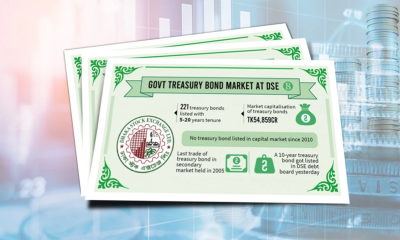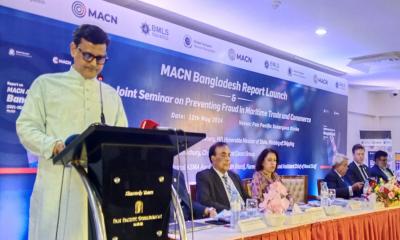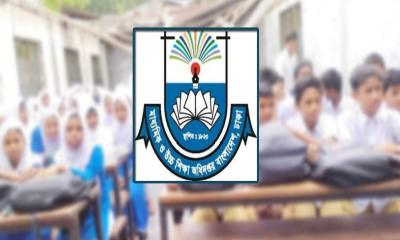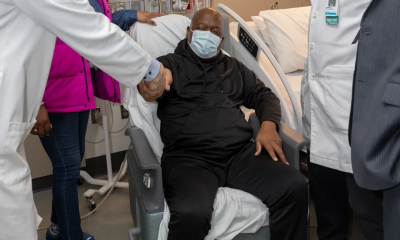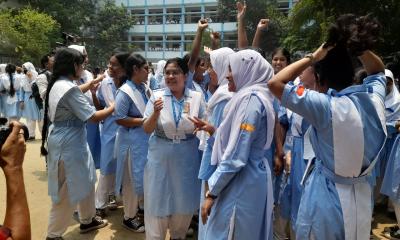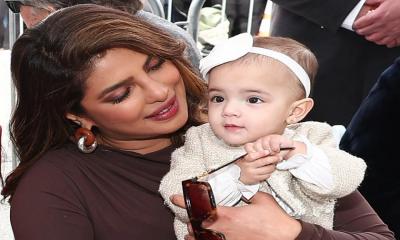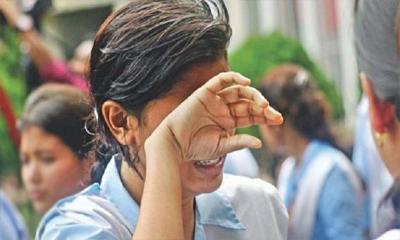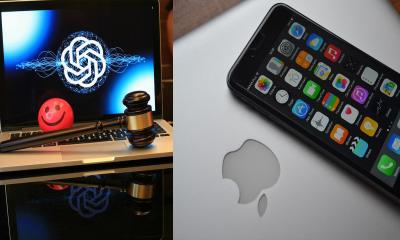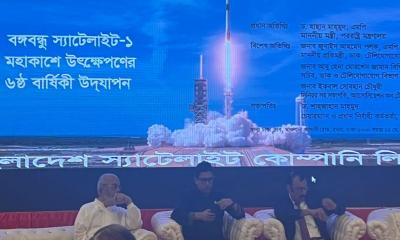Olaf Scholz made his inaugural visit as German chancellor to Moscow yesterday to meet with Russian President Vladimir Putin, with the ongoing crisis at the Russian-Ukrainian border dominating the agenda.
Scholz arrived in Moscow after a trip to Kyiv on Monday, where he met with Ukrainian President Volodymyr Zelenskiy to strengthen Berlin's support in the face of Russian aggression.
"The most important thing is that we manage relations between countries through good discussions with each other," Scholz said as he met Putin, adding he was glad the two leaders were able to meet face to face.
In a joint press conference after meeting, the chancellor said he hopes that in the near future the "blockages" in dialogue will be resolved with further high-ranking discussions.
"It is our absolute duty as heads of government that Europe does not see an escalation into war," Scholz said.
"We are ready to work further together. We are ready to go down the negotiations track," Putin told the press conference.
Putin added that Germany "is one of Russia's most important partners" and said it intended to cooperate further with Berlin. He emphasized the role of economic ties between the two, with Germany being Russia's second-biggest trade partner after China.
What did Olaf Scholz say about Ukraine?
Scholz said the build-up of troops at the Ukrainian border "can be seen as a threat." However, "we now hear that more troops are being withdrawn that is a positive signal and we hope more will follow," he added.
"For Europeans, it is clear that lasting security cannot be achieved against Russia but only with Russia," he told reporters.
The chancellor added that the "inviolability of borders ... is not to be negotiated," referring to Ukraine.
"Dialogue cannot end in a cul de sac, that would be a disaster for everyone," he added, "it is important to go the road of diplomacy so as to avoid war in Europe."
Putin says Russia does not want war
Responding to a question from DW's Michaela Küfner about the possibility of war, Putin responded: "We do not want war in Europe."
The Russian president then referred to Scholz's earlier comment that "people of this generation find it hard to imagine war in Europe."
"That is exactly why we have made our proposals, to start a process of discussion over equal security for everybody
On Nato, Putin said that "countries have the right to join military alliances as our colleagues in Nato always maintain, but it is also important to maintain one's security not at the cost of the security of other countries."
"We are also willing to continue the discussion process," the Russian president added.
On economics, Putin said Germany "is one of Russia's most important partners" and said it intended to cooperate further with Berlin. He emphasized the role of economic ties between the two, with Germany being Russia's second-biggest trade partner after China.
Scholz's trip is a "last-minute attempt... to avoid war" but it is "'up to Putin to now send signals for de-escalation," conservative German lawmaker Thomas Silberhorn told DW yesterday.
Regarding a course of action for sanctions, Silberhorn warned they would go "far beyond economic" ones, with "the entire relations between Russia and Western countries" being at stake.
Asked about Germany's stance on Nord Stream 2, Silberhorn said "Germany is ready to include the Nord Stream 2 pipeline into a variety of sanctions of the Western countries," but as part of a broader sanctions package.
Russia said yesterday some of its troops were returning to base after exercises near Ukraine and mocked Western warnings about a looming invasion, but Nato said it had yet to see any evidence of a de-escalation that could avert a military conflict.
Russia did not say how many units were being withdrawn, and how far, after a build-up of some 130,000 Russian troops to the north, east and south of Ukraine that has triggered one of the worst crises in relations with the West since the Cold War.
British Prime Minister Boris Johnson said "the intelligence that we're seeing today is still not encouraging," and Ukraine said the reported pullback needed to be seen to be believed.
"If we see a withdrawal, we will believe in a de-escalation," Interfax Ukraine quoted Ukrainian Foreign Minister Dmytro Kuleba as saying.
Nato's chief welcomed signals from Russia in the past two days that it may be looking for a diplomatic solution but urged Moscow to demonstrate its will to act.
"There are signs from Moscow that diplomacy should continue. This gives grounds for cautious optimism. But so far we have not seen any sign of de-escalation on the ground from the Russian side," Nato Secretary-General Jens Stoltenberg told reporters.

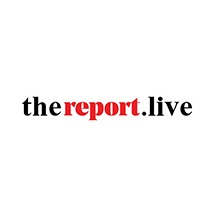


















-20240517110053.jpg)




